A quick lesson in bear safety
By Lyndsie Kiebert
Reader Staff Writer
Last week, something terrible yet all too possible happened: A woman hiking with two dogs near Priest Lake suffered injuries in a black bear attack. She was life-flighted to Providence Sacred Heart Medical Center in Spokane, and while her injuries were not life-threatening, the Spokesman-Review reported that first responders were worried about blood loss.
With such a scary circumstance comes a good opportunity to review safety tips surrounding bear country. The National Park Service has a few good tips, and from my time hiking and gathering berries all over the area I have picked up pieces of advice from fellow outdoor enthusiasts.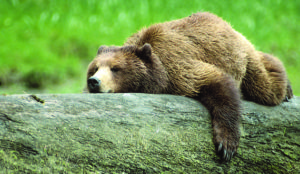
Heading out
Whenever planning a hike or mountain excursion of any kind, it is worthwhile to do a quick internet search or make a phone call to check to see if there have been any recent aggressive bear incidents or bear sightings in the area. Remember that areas full of ripe berries are especially susceptible to having bears, and if an area is known to have bears it may be best to leave dogs at home — according to the NPS, “bears and pets don’t mix.”
Deterrents
The best deterrent you can use to avoid encountering a bear in the first place is to be loud in the woods. Being in a group and talking to one another is an easy way to be noisy, but when I hike alone I try to sing to myself, wear a bear bell or walk with the intention of making a ruckus against the trail with my boots. Giving a bear ample time to know a human is coming almost always scares them away before we can even see them. To feel even more safe, carry bear spray on your belt or easily accessible while strapped onto your pack.
In case of an encounter or attack
When faced with a bear who doesn’t seem keen on running away, make yourself larger. Spread your arms high and wide and see if you can move to higher ground — in most cases, this will intimidate the bear into scampering off. Talk calmly to identify yourself as a human, not prey. Don’t offer the bear food or approach it in any way. If at all possible, slowly retreat and give the animal its space. According to the NPS, if you’re attacked by a grizzly, play dead and place your hands across the back of your neck. If attacked by a black bear, fight back. If a bear stalks you — which is incredibly rare — fight back, as you are probably being seen as potential food.
The only way we can all enjoy this area’s forests is if we remember that they are first and foremost the home of wild animals. Best wishes to the woman who made it away from that black bear, and everyone stay safe in bear country.

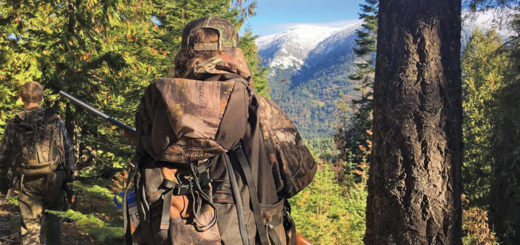

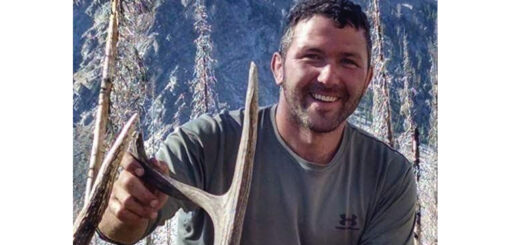



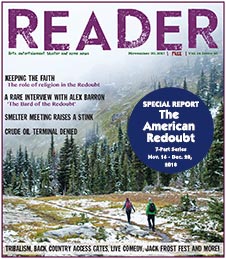
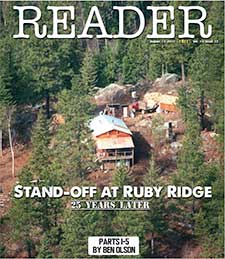


 Coming up this week! Don’t miss Live Music, the Summer Sampler, the Art Party, Monarch Grind, the Sandpoint Renaissance Faire, and more! See the full list of events in the
Coming up this week! Don’t miss Live Music, the Summer Sampler, the Art Party, Monarch Grind, the Sandpoint Renaissance Faire, and more! See the full list of events in the 